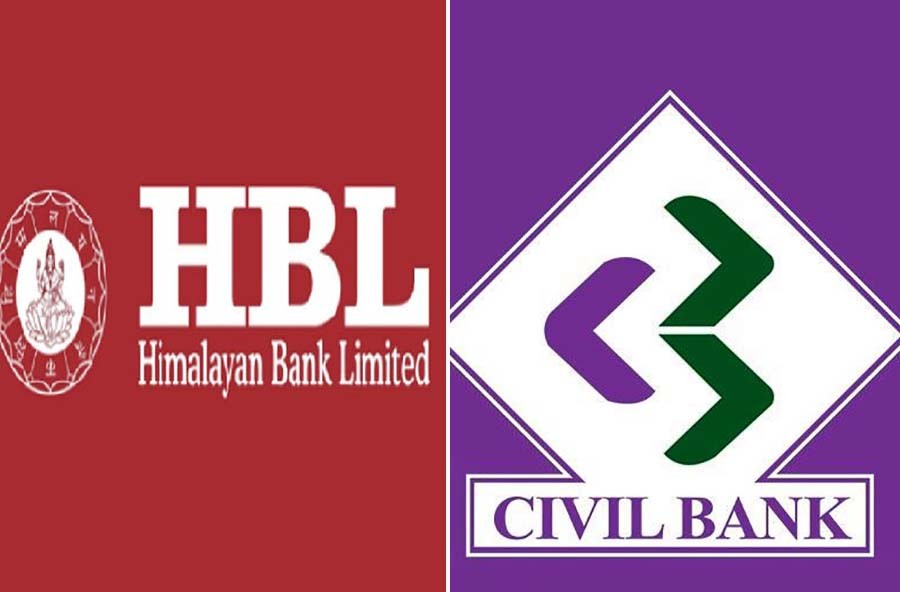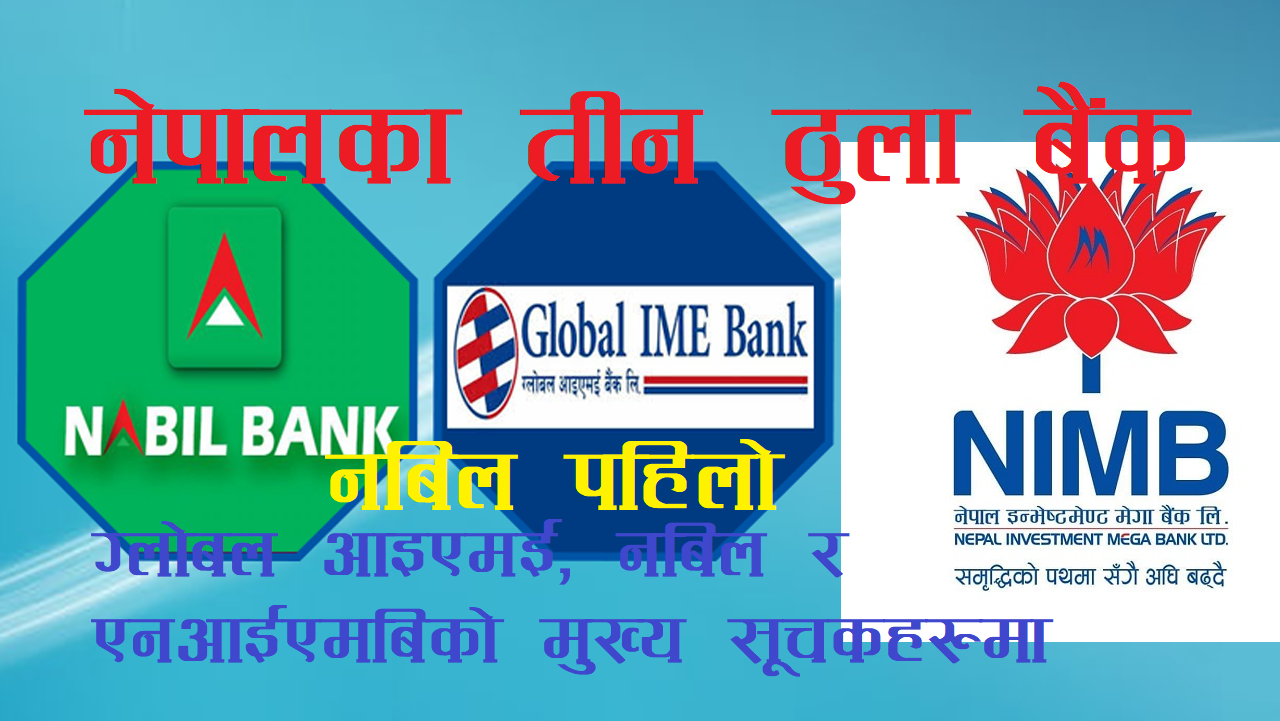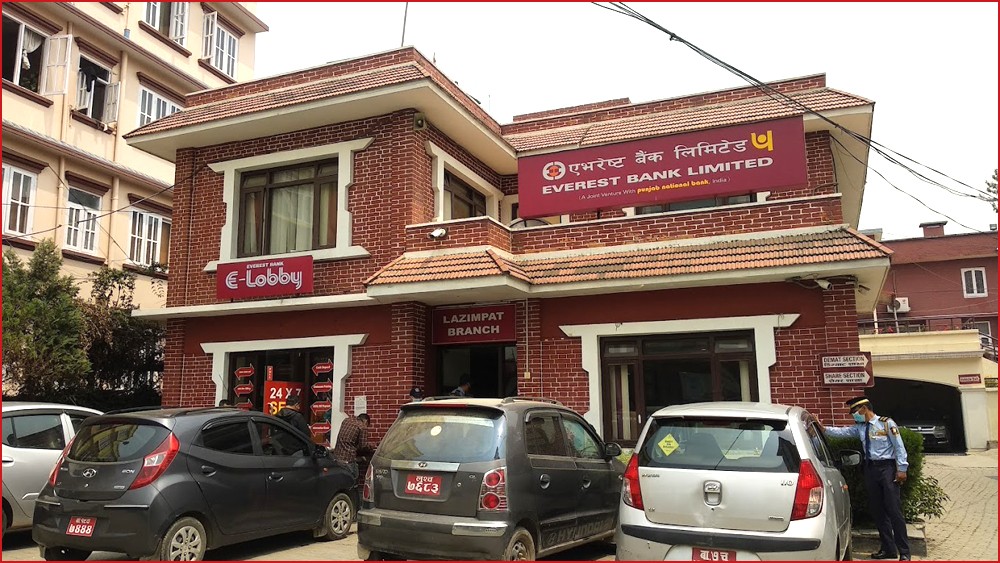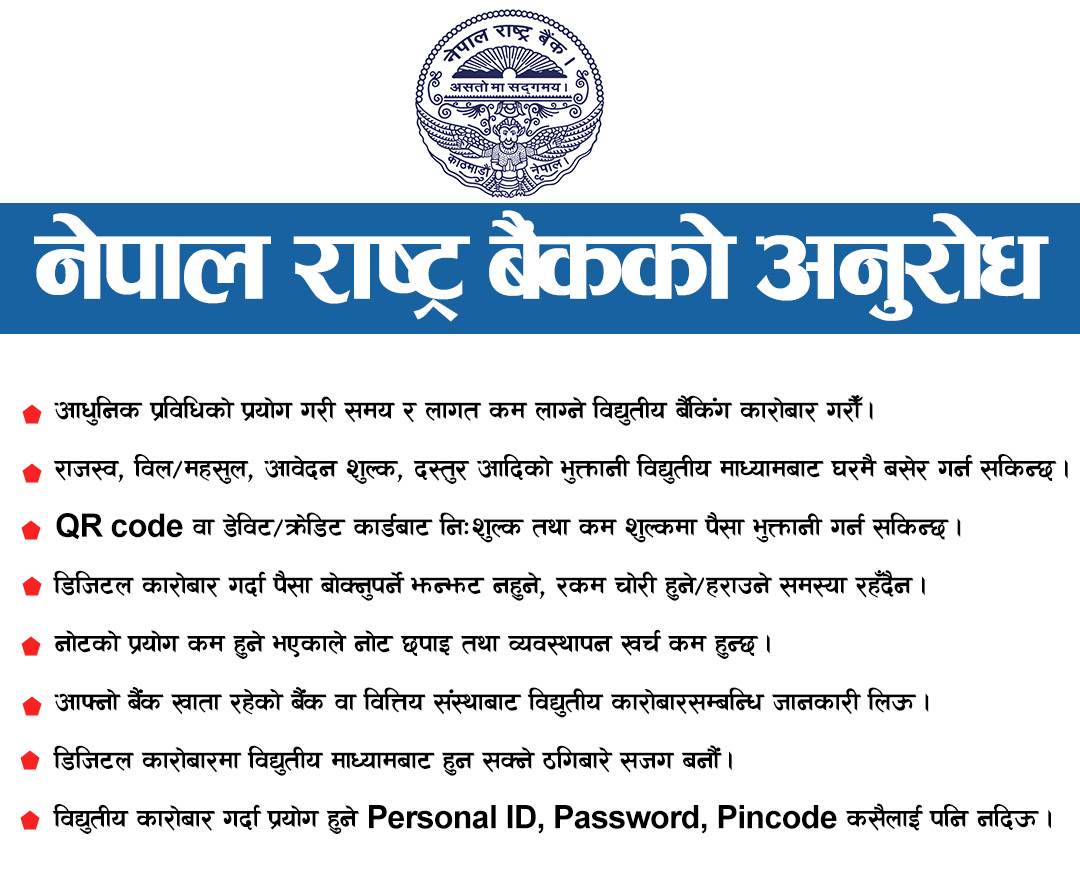Why 3 months time requested for integrated business of Himalayan and Civil Bank Merger
Nov Thu 2022 01:58:46
1015 views

Kathmandu. Some facts about the mismatched merger of Himalayan Bank and Civil Bank have been revealed. The time for integrated trading of Himalayan and Civil Bank ended on Tuesday. Both banks have sent a letter to Nepal Rastra Bank to extend the time as the time for integrated business is over. The board of directors and the merger committee of both the banks have decided and sent a letter requesting to extend the time for another three months. It can be seen that the irresponsible work of the officials leading these banks is behind the inability to conduct integrated transactions.
Of its 100 percent shares, 15 percent are common shareholders and the remaining 85 percent are promoters. 15 percent of investors are ordinary shareholders. This company has 14 percent shares of Nepal Government-owned Employees' Provident Fund and 20 percent shares of Pakistan's Habib Bank.
In this bank, the bank is operating by taking deposits of about 150 billion rupees from Nepali people and organizations and giving loans to operate. It is the duty of Rashtra Bank and other Nepali government agencies and the people themselves to protect the deposits of the Nepali people.
Now, to get the merger with Civil Bank, without any study, looking only at personal interests and indulging in corruption, by deciding to do it at the rate of 100-81, injustice has been done to us common shareholders. In the directives of Nepal Rastra Bank, banks should have at least 30 percent common shares and two directors come from this group, and the decisions of the board of directors of seven members will protect the shares of the general public. It is difficult to understand. Vijay Bahadur Shrestha has been elected from 155 common shareholders in this bank and has been there for the past 20-22 years. Shrestha is the main leader of this grand design, Vijay Bahadur Shrestha and Prachanda Bahadur Shrestha.
First of all, the question of where the need for such a merger came from, may be in the minds of many. It may sound strange, but it is not different from the fact that it started from Nepal Rastra Bank itself. In the past, Nepal Rastra Bank itself has distributed permission to open commercial banks to all groups that have agreed to reach a capital of two billion. At that time neither did they increase their regulatory capacity nor did they work to see whether the required manpower is available for the mushrooming banks? In this way, even after about fifteen years of license distribution, the National Bank has not increased its ability to regulate?
It is only putting unethical pressure on the banks which are working continuously with legal existence. Is Nepal Rastra Bank above the country's constitution and laws? If not, the unethical and illegal threat created by the National Bank to merge banks should be stopped immediately.







